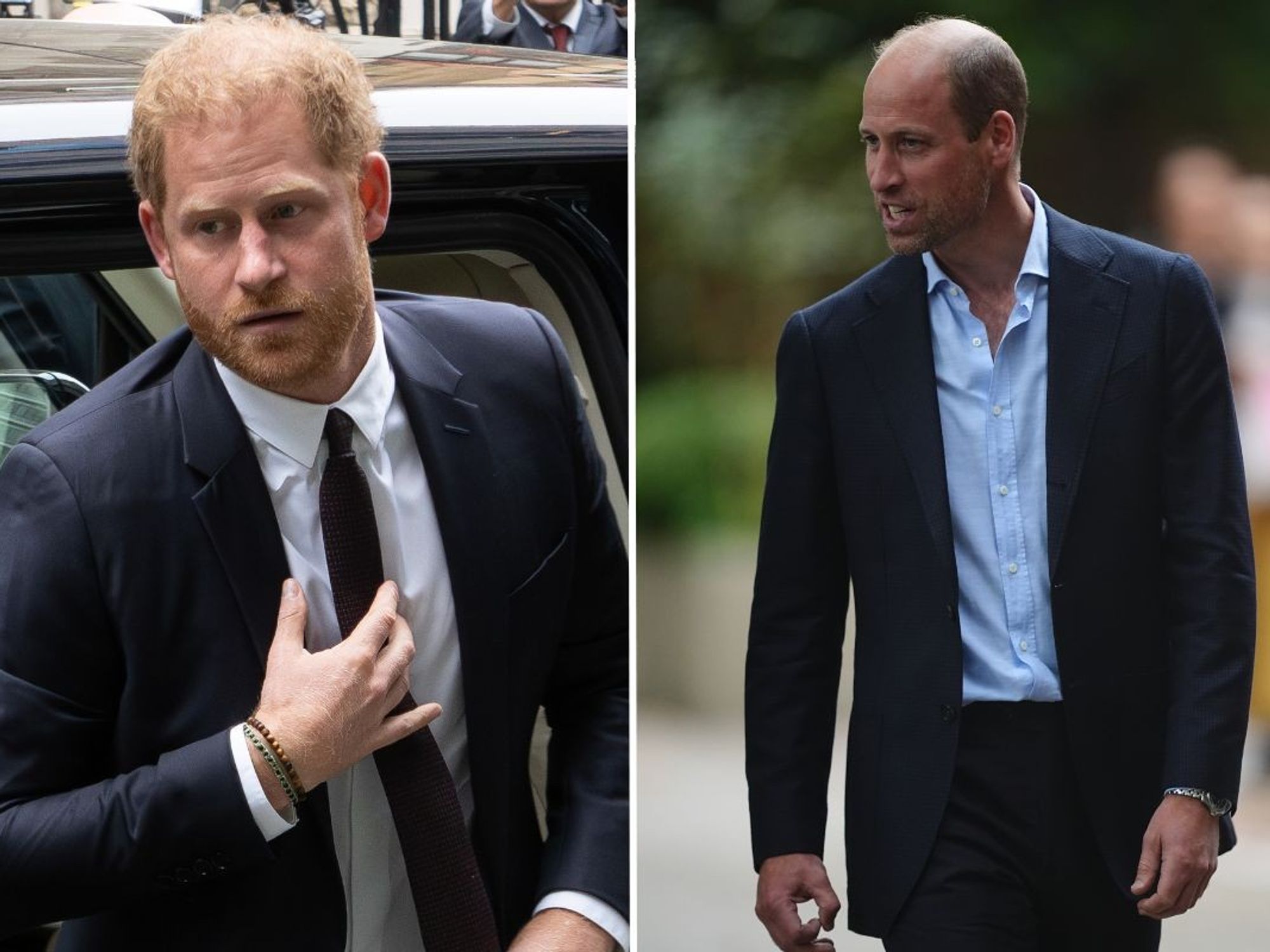They previously lost rulings in the High Court and Court of Appeal
Don't Miss
Most Read
Trending on GB News
The UK’s highest court will hear a challenge by residents of flats overlooked by the Tate Modern, who complain the gallery’s viewing platform results in an “invasion of privacy”.
The owners of four flats in the Neo Bankside development on London’s South Bank took legal action against the gallery’s board of trustees, in a bid to stop “hundreds of thousands of visitors” looking into their homes from the Tate’s viewing platform.
They applied for an injunction requiring the gallery to prevent members of the public observing their flats by “cordoning off” parts of the platform or “erecting screening”, to stop what they said was a “relentless” invasion of their privacy.
But they previously lost rulings in the High Court and Court of Appeal, and are now taking their case to the Supreme Court.
The residential flats are over looked from the viewing platform at Tate Modern
Victoria Jones
A panel of five justices will hear the residents’ appeal over two days, starting on Tuesday, and are expected to give their ruling at a later date.
In a ruling in February 2019, the High Court accepted “the complete glass walls of the living accommodation” gave visitors to the viewing gallery a “complete (or largely complete) view” into the flats.
But Mr Justice Mann dismissed the claim and suggested the owners could “lower their solar blinds” or “could install privacy film (or) net curtains”.
The judge added: “These properties are impressive, and no doubt there are great advantages to be enjoyed in such extensive glassed views, but that in effect comes at a price in terms of privacy.”
The Court of Appeal dismissed the owners’ challenge to that ruling in February 2020.
Announcing the court’s decision, Master of the Rolls Sir Terence Etherton said: “The court has dismissed the appeal on the basis that overlooking does not fall within the tort of nuisance.”
The court ruled: “Despite the hundreds of years in which there has been a remedy for causing nuisance to an adjoining owner’s land and the prevalence of overlooking in all cities and towns, there has been no reported case in this country in which a claimant has been successful in a nuisance claim for overlooking by a neighbour.”
It added that “what is really the issue in cases of overlooking in general, and the present case in particular, is invasion of privacy rather than… damage to interests in property”.
The court found “there are already other laws which bear on privacy”, such as the Data Protection Act or the Protection from Harassment Act, adding: “It would be preferable to leave it to Parliament to formulate any further laws that are perceived to be necessary to deal with overlooking rather than to extend the law of private nuisance.”
The residential flats are over looked by the Tate Modern (left)
Victoria Jones
At a High Court hearing in November 2018, Tom Weekes QC said the Tate was “operating a public viewing platform so as to encourage (hundreds of thousands of) visitors” to look into his clients’ homes.
In a witness statement for that hearing, one of the claimants, Lindsay Urquhart, said: “I feel as though my life revolves around the viewing platform’s opening hours.”
Another claimant, Ian McFadyen, said: “When our blinds are open and the viewing platform is in use, we are more or less constantly watched, waved at, photographed and filmed by people on the viewing platform.”
But Guy Fetherstonhaugh QC, for the Tate, said “the claimants’ remedy for what they perceive to be a nuisance lies in their own hands”, adding: “There is no right to a view.”
He said the claimants were seeking “to force the defendant to close a valued resource, and deny to the public the right to use the viewing platform for its intended purpose, merely to give the claimants an unencumbered right to enjoy their own view”.
The Supreme Court judges are being asked to determine whether the Court of Appeal reached the wrong decision regarding the law on private nuisance, and whether it was wrong to conclude that public viewing from the gallery did not amount to a breach of the residents’ rights to respect for their private and family lives, as enshrined in article 8 of the European Convention on Human Rights (ECHR).
The hearing is due to begin at 10.30am on Tuesday.











